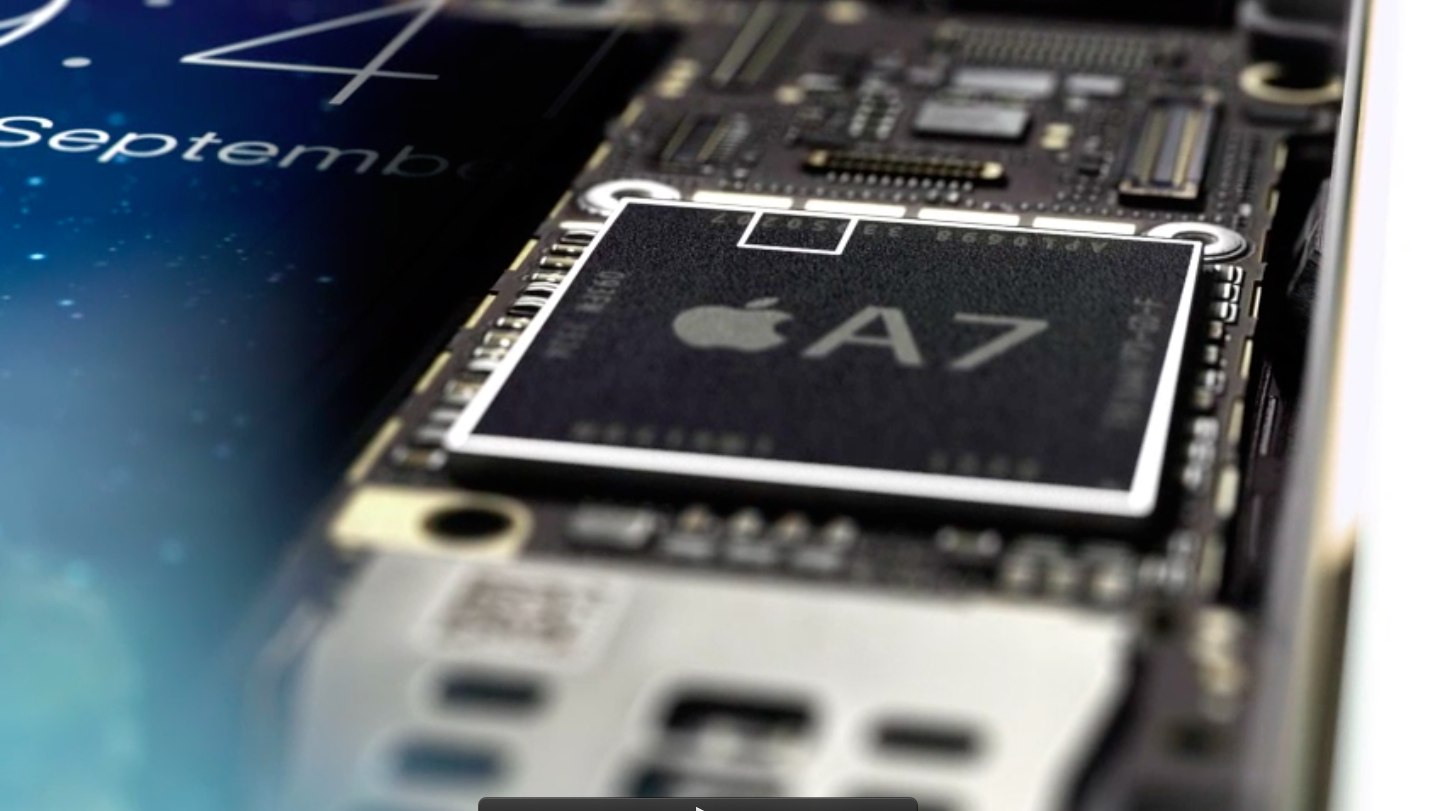Is Apple becoming a threat to Intel's plans of device domination?
 As mobile computing continues to grow, and smaller form factors are becoming necessary, if not vital to organizations and individuals, Intel is beginning to feel the pressure.
As mobile computing continues to grow, and smaller form factors are becoming necessary, if not vital to organizations and individuals, Intel is beginning to feel the pressure.
In Jean-Louis Gassée article “Macintel: The End Is Nigh”, we are offered a unique perspective on why Intel is destined to be replaced by proprietary technology.
As the founder of Apple France in 1981, and subsequently President of Apple products division in 1985, Jean-Louis diverse portfolio as a director of companies like Cray Computer Corp. Logitech and 3Com, his point of view is particularly relevant, in such a pivotal stage of the tech industry, especially in relation to Apple and it’s future decisions on hardware choices.
As Jean-Louis puts it, as he recalls, the first Apple 64-bit A7 processor “could lead to a switch away from Intel chips for the Macintosh line for a homegrown desktop-class chip”, a notion which Gassée admittedly discounted, in its first inception, but on which he had a change of heart over the years.
This is why Apple should be its own chip manufacturer
Two primary factors suggesting Apple might switch away from Intel, come to mind: The first being Intel’s prices.
Intel has been able to drive a hard bargain on its chips, for decades, mostly due to Microsoft demands for chips focusing on compatibility rather than performance. Alas times are changing and “Emerging media formats demand new extensions, while obsolete constructs must be maintained for the sake of Microsoft’s backward compatibility religion”.
Gassée elaborates further, on how the excess baggage from a seemingly obsolete Intel architecture requires more transistors to operate with newer devices, which in turns needs better heat dissipation technology, at the cost of power consumption. Apple A7, as well as ARM chips, on the other hand, are much simpler in their architecture, far more energy efficient, with a much cooler heat signature.
Proprietary technology is the Apple way
The second factor is Steve Jobs legacy of wanting to control every aspect of Apple’s technology. Such stance was always met with criticism, and accusations of arrogance, but is it really? Intel’s monopoly over Microsoft devices was hardly ever considered an act of arrogance, and Apple has certainly continued to pay its very expensive dues to Intel.
When Apple first announced its 64bit A7 processor, which now powers most new iOS devices, it caused a stir, but never to a point of leading industry followers to believe it would some day replace Intel on any of Apple’s desktop products.
By the same token, Gassée points out that: “Apple’s drive to own “all layers of the stack” continues unabated years after Steve’s passing. As a recent example, Apple created its own Swift programming language that complements its Xcode IDE and Clang/LLVM compiler infrastructure. “
Such is an indication that Apple A chips are more than a way for Intel to save a few bucks on its mobile ecosystem. These chips are a seed: the beginning of a phasing out of Intel microprocessors, across all of Apple’s product lines, in favor of a homegrown technology that is already proving as superior, even after Intel’s (late) release of its 14 nanometer Broadwell chip.
Whether this shift is already in the making, or it’s merely wishful thinking, time will tell, but if we were to take a wild guess, and if we were to think along the lines of what Steve Jobs would do, then what? Gassée tells us what:
”By moving to ARM, Apple could continue to increase its PC market share and scoop much of the profits – it currently rakes in about half of the money made by PC makers. And it could do this while catering to its customers in the Affordable Luxury segment who like owning both an iPad and a Mac”
So there you have it: it’s a business decision that Apple might just consider, as its current revenue from desktop products rakes in over 20 billion per year, and about five times that is brought in between iPhone and iPad sales, Apple is in a very ideal position to be its own chip supplier.
The benefits to the consumers will also be enormous, with lower costs and more control over the technology, Apple will be in a position to perhaps, even lower the price of an A10-powered iMac or even Mac Pro.